Keeping Company
I’ve kept company with some old friends, and some new ones, in the pages of books over the last few months. Though I’m not sure I’ll remember them all, I’ll try to record them here — starting with the most recent.
Looking for the King is, as its cover indicates, “an Inklings novel.” Written by David C. Downing, author of four more scholarly works on C.S. Lewis, this novel offers a story about Tom, a young American doctoral student studying Grail lore in England, and Laura, also an American, staying with her aunt in Oxford. The two meet each other and the Inklings, have discussions with them about literature and faith, and end up in a quest for the spear of Longinus (the spear the pierced Christ’s side on the cross). The quest is motivated by Laura’s Jane Studdock-like dreams (from Lewis’s That Hideous Strength), which are actually vivid revelations of moments in history related to the spear.
Despite its promise, the novel didn’t really succeed in drawing me in and taking off. The characters and dialogue were flat, the action seemed to plod, and the Inklings simply gave speeches about subjects they have written about themselves more engagingly. I wanted to like the book, but I felt regret that it didn’t come off better.
Planets in Peril, also by Downing, examines C.S. Lewis’s space trilogy. The scholarly mode works better for Downing, and I picked up some interesting tidbits about the trilogy despite the fact that the book kept veering into speculation about this or that event in Lewis’s life that might have led to this or that element in the novels. I had not picked up on the similarities to Gulliver, for instance, in Out of the Silent Planet, nor did I ever really think about whether the violent downfall of the NICE at the end of That Hideous Strength was over-the-top, as many apparently have. (To me it has seemed appropriate, a collapse of Babel.) I should have noticed the similarity to Dante, but this was new to me too. I wasn’t surprised to learn that Lewis liked Perelandra the best, but I love the picture derived from this study of him looking at the sky on a clear night and sighing “Ah, Perelandra!”
The next set of rereads were the space trilogy. I find That Hideous Strength disturbingly relevant in these days of dystopian reality, which is what inspired me to seek out some critical books on the series. The hubris of scientists and technocrats, the ambition to dominate nature and humanity, the use of the press and public institutions to engineer social control, and the warping of the educational system into propaganda all seem prophetic when I encounter them in these pages.
Speaking of dystopias, I also reread 1984. What makes that novel compelling and memorable for me is not the story so much as the setting and, for its time, clear prediction of the kind of totalitarian world humans seem bound to create if not reined in by law or spiritual intervention. After the opening chapters, though, the rest of the book is a dreadful slog.
The Age of Surveillance Capitalism by Shoshana Zuboff is a fascinating read about the many ways Big Tech has outrun law and government and essentially reigns supreme in the U.S. and, for all practical purposes, globally. Zuboff tells the story of the emergence of data collection, first for advertising, but eventually for behavior prediction, which has become a significant threat to freedom.
I had already noticed the ways pandemic lockdowns, a first in this country’s history, have been enabled by technology companies, who had in turn benefited enormously while so many businesses have gone under — seemingly to little purpose, as the disease continues to run its course. If anything the lockdowns have merely drawn out the process, to great cost in countless ways. But I had no idea the extent to which our personal data is collected and used without our consent to influence behavior. This is a difficult read, but one I would recommend as essential.
Ivanhoe and The Once and Future King, also rereads, have provided a welcome respite from the gloom and doom of the “good for you” books I seem helplessly drawn to, like a mouse to a snake. These two “knights and castles” books took me far away from the present into imaginative territory that was welcome for its contrasts to modern times.
I’ve written about both here before, and I felt similarly to what I felt before in rereading them this time. But the mixture of entertaining wit, human psychology and compassion in The Once and Future King struck me more fully, I suppose because our public conversations these days (if not, thankfully, our personal ones) so drastically simplify and vilify people. The full range of human nobility, delusion, absurdity, and fallenness comes through in this story in a way I found nourishing and heartening.
The Clergyman’s Wife imagines its way into Charlotte Lucas’s life as the wife of Mr. Collins in Jane Austen’s Pride and Prejudice. Not surprisingly, Mrs. Collins must accommodate a lot of silliness over the course of adjusting to her new role as the clergyman’s wife, and she faces some emotional challenges that test her mettle. I like the way Molly Greeley develops her character, and the novel left me reassured about this woman that I liked in Austen’s novel, but whose fate I never felt at peace about.
Right now, I’m rereading Dickens’s Hard Times along with my high schooler. It’s been many years since I read this uncharacteristically slim Dickens novel, and I find I’m noticing more dimensions of the characters than when I read it in college. Mr. Gradgrind, for example, has compassion that I’m not sure registered with me before; back then I read him, and all the characters, as caricatures.
Up next will be The Crisis of Expertise, C.S. Lewis and the Final Frontier, Dorothy and Jack, and Watership Down (this will be a reread; my youngest hasn’t read it yet, and after a summer in which our yard was overrun by bunnies, it seems essential that this one be shared).
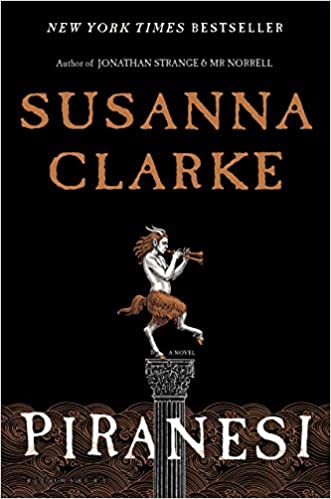

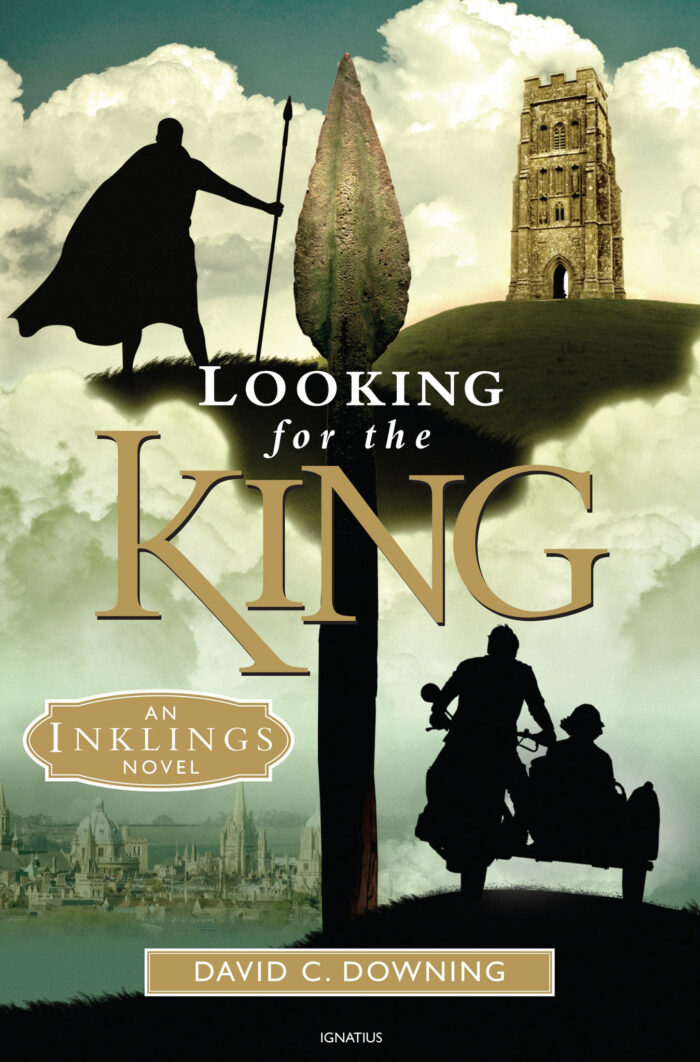
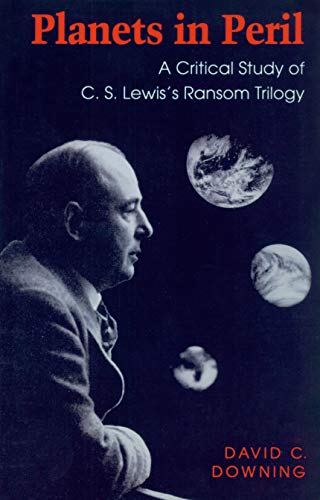
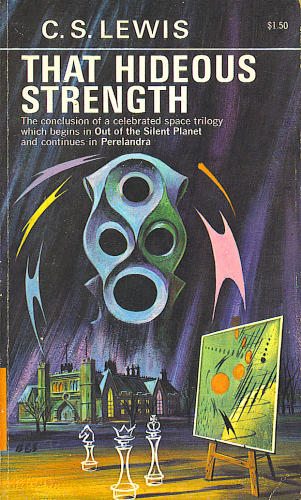
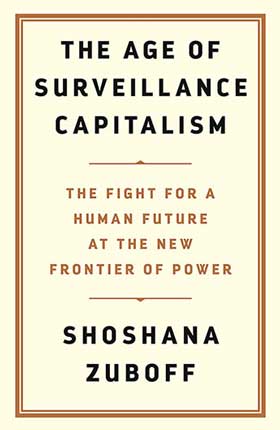
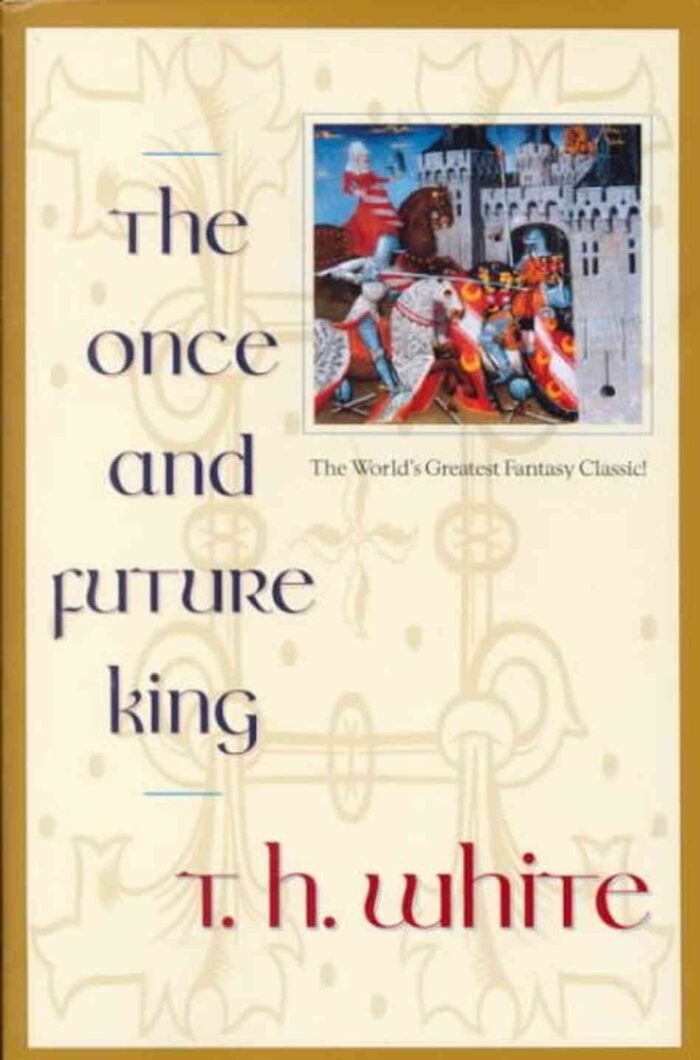
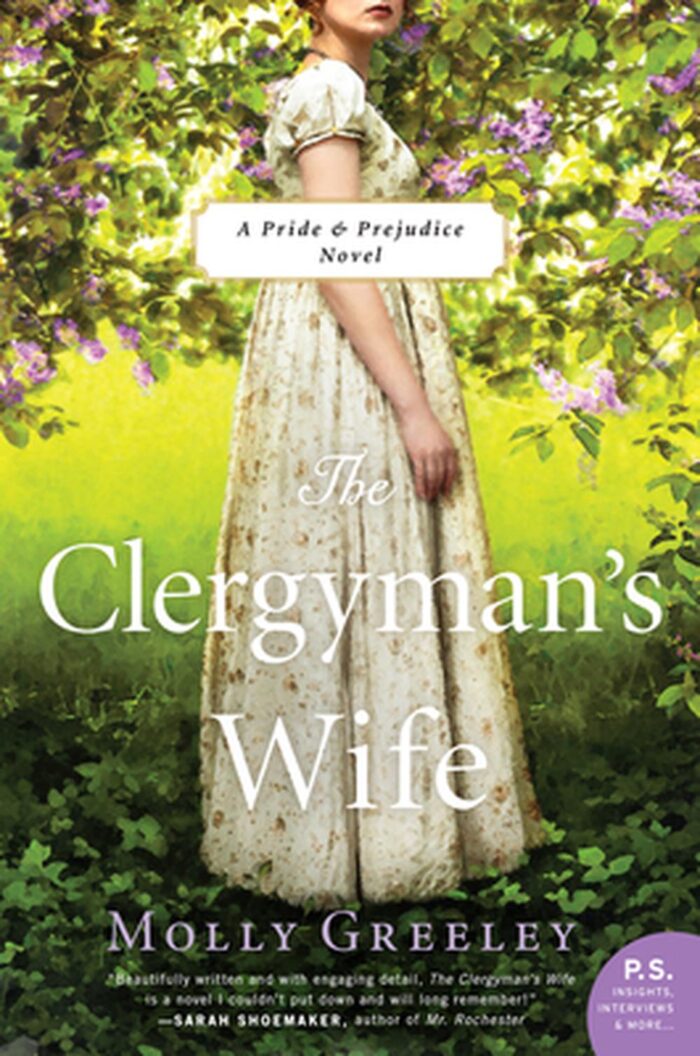

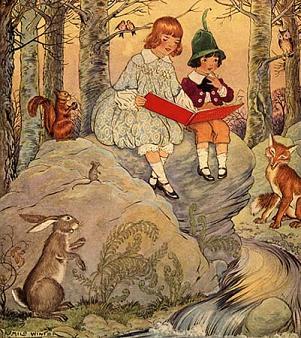

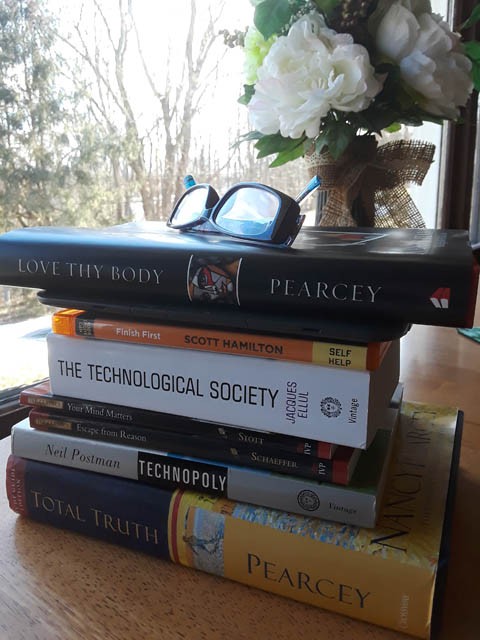
One Comment
Ruth
I love this post! I would give a lot to get to spend some time talking books with you in person. The Once and Future King is one of my favorites, and it may be time to reread that. I read The Clergyman’s Wife last year and liked it. I enjoyed getting to know Charlotte without Lizzie there to laugh merrily. For the first time I felt kind of irritated by Lizzie and her merry laughter. I’m so thankful for plenty to read during this whole surreal, horrible time. I can’t imagine what I would have done without books.